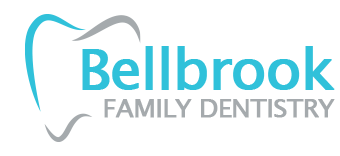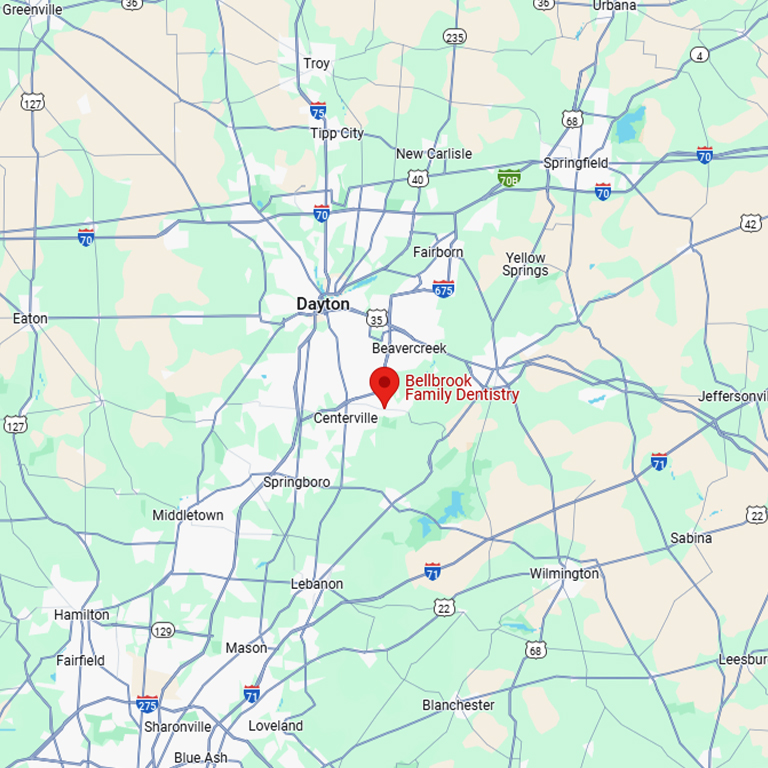Sleep Apnea & Anti-Snoring Devices
Over 18 million adults in the U.S. have sleep apnea. While it’s currently difficult to estimate the exact prevalence of sleep apnea in children, it’s likely there’s a 2 to 3% prevalence and in habitually snoring children, the prevalence can be as high as 20%. Sleep apnea occurs in both sexes and in all age groups.
What is Sleep Apnea?
Sleep apnea is a serious sleep condition, occurring when your breathing becomes interrupted while you sleep. Those with untreated sleep apnea repeatedly stop breathing while they’re sleeping and this means their body and brain might not be getting enough oxygen.
During sleep soft tissues and muscles in the mouth and throat relax and shrink your airway. This raises the velocity of your airflow while breathing. As the velocity of needed air raises, soft tissues like the uvula and soft palate vibrate, resulting in snoring. Many individuals impacted by sleep apnea don’t know there is treatment.
There are a couple of types of sleep apnea:
- Obstructive sleep apnea (OSA): Out of both forms of sleep apnea, this is the more common form. It’s caused by an airway blockage, typically when your soft tissue that’s in the back of your throat collapses while you’re sleeping.
- Central sleep apnea: With this type, your airway isn’t blocked like with OSA, but rather your brain doesn’t signal your muscles to breathe because of instability in your respiratory control center.
What are the Dangers of Sleep Apnea?
If left untreated, sleep apnea can be dangerous because it could increase your risk of the following conditions:
- Atrial fibrillation
- Asthma
- Chronic kidney disease
- Cancers like renal, pancreatic and skin cancers
- Heart and blood vessel diseases like heart attacks, atherosclerosis, heart failure, stroke and hard-to-control high blood pressure
- Behavioral and cognitive disorders like decreases in concentration, attention, motor skills, vigilance and visuospatial and verbal memory. It’s also been associated with dementia in older adults and learning disabilities in children
- Eye disorders like dry eye, glaucoma or keratoconus
- Pregnancy complications like gestational high blood pressure and gestational diabetes. It’s also been linked with having a low birth weight baby
How Can a Sleep Apnea Anti-Snoring Device Help?
There are a number of treatments for sleep apnea, including sleep apnea anti-snoring devices.
An anti-snoring device is usually fitted by a dentist and is meant to do several things:
- Advance or push the jaw forward slightly which opens the airway naturally
- Stabilizes the jaw when there’s a receding jaw
- Ensure the soft palate tissue does not impede the passageway
- Depress the tongue so it doesn’t block breathing by falling to the back of the throat
Benefits of sleep apnea anti-snoring devices can include:
- Improved sleep quality. Anti-snore devices are an easy and convenient way to reduce or eliminate snoring, which improves sleep quality. This means you’re more energized and feel less tired throughout the day.
- Improved Job performance. Poor sleep can lead to a drop in work performance. Snoring can make you lose hours of sleep each night, preventing you from being able to achieve a night of deep sleep, and leaving you fatigued and tired the next day. This impacts concentration and focus at work. An anti-snoring device can help you obtain a full night’s sleep throughout the week which can help prevent poor work performance.
- Ease of use. Many snoring therapy options are uncomfortable or hard to use. CPAP machines, while extremely effective, require a big machine by your bedside and a mask to cover your nose and mouth. Anti-snoring devices are easy to use and require no equipment other than a small device. They’re also low maintenance.
What is The Silent Nite® Appliance and How Does It Work?
The Silent Nite appliance is FDA-approved for OSA and snoring. More and more dentists are prescribing The Silent Nite appliance as an initial snoring treatment. The Silent Night is often used as an alternative to sleep apnea oral surgery or CPAP. If you have mild sleep apnea, you may benefit from The Silent Nite when surgical and other medical treatments aren’t wanted or are ineffective.
This appliance positions your lower jaw in a manner where you get the airflow you require because it maintains a clear airway to improve your breathing throughout the night. It typically eliminates snoring or significantly reduces it. It enables a piece of mind while being adjustable and comfortable. There’s also the option of a hard/soft frame material for increased comfort.
It’s simple to use and comes with special slide-link connectors that are connected to transparent flexible lower and upper splints. These splints are custom laminated with pressure and heat to the dentist’s model of your mouth.
Contact Bellbrook Family Dentistry to Set Up a Sleep Apnea Anti-Snoring Device Appointment
Dr. John Harmeyer and his team at Bellbrook Family Dentistry are committed is to providing the highest quality and standard of dental care in a comfortable, friendly and professional environment. Contact us today to set up your appointment and learn more about how a sleep apnea anti-snoring device can help you.

